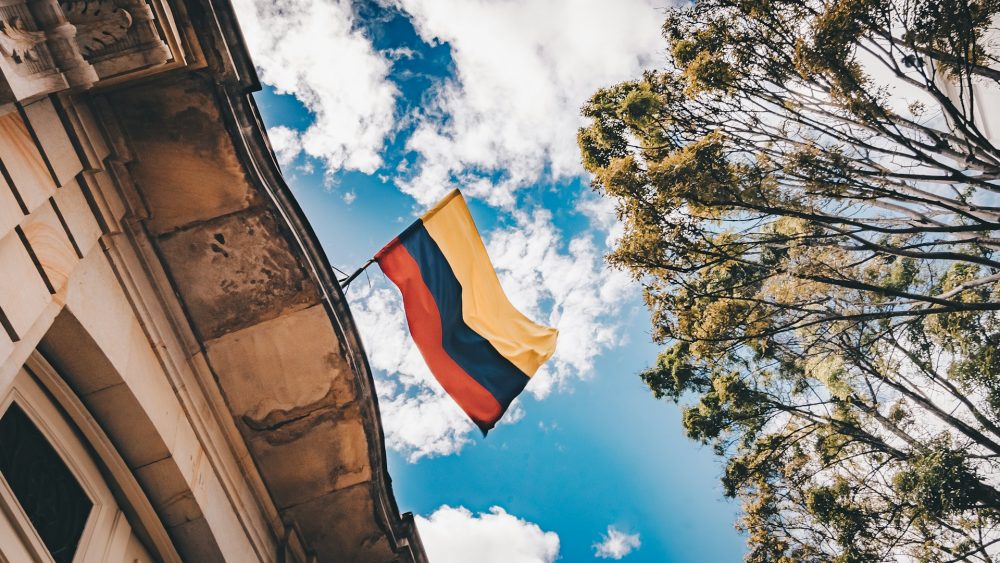Cannabis
Luxembourg Legalized Cannabis Cultivation at Home
In eleven EU countries, possession is punishable by a prison sentence. Cyprus has the harshest penalties, with a theoretical sentence of up to eight years. The French, Europe’s biggest consumers, have faced a flat-rate fine of €200 since 2020 for quantities under 100g; beyond that, they risk a year’s imprisonment and €3,750 in fines.

Luxembourg is legalizing cannabis consumption. Since Friday, July 21st, the 650,000 inhabitants of this small kingdom have been able to add a new plant to their garden. A law enacted on July 10th authorizes adults to consume cannabis, grow up to four plants and keep up to 3 grams at home.
Cultivation must be carried out using seeds labeled with the THC content (the main psychoactive component), the source and the producer’s contact details. A warning about the ban on industrial-scale production is also compulsory. The aim of this legalization, according to the government, is to better control the country’s most widely consumed drug.
Cannabis is not likely to invade balconies, however. The four plants authorized for private individuals must not be visible from public areas. Moreover, it is still forbidden to travel in possession of cannabis or cannabis products; Luxembourgers found on the public highway, even with less than the three grams authorized at home, risk a €145 fine.
If you want to find out more about the legalization of cannabis in Luxembourg and to find the most important cannabis news of the day, download for free the Hemp.im mobile app.
Malta and Luxembourg, the progressives when it comes to cannabis legalization
Is Luxembourg an exception? Within the European Union, legislation varies from country to country. Luxembourg is the second of the twenty-seven member states to legalize personal consumption and cultivation. The Grand Duchy copied Malta, which made recreational cannabis legal in 2021. The Maltese can consume, grow (up to four plants) and possess up to 50 grams. But all this is restricted to the private sphere.
Eight states have opted to decriminalize the possession of “small quantities” of cannabis for personal use, following in the footsteps of Portugal, which did so in 2001 (along with all other drugs as long as they are consumed privately). Croatia, Italy, Spain, the Czech Republic, Slovenia, Estonia, and Latvia retain simple administrative sanctions, such as fines.
Others tolerate: penalties are very light and rarely applied. It’s a little-known fact that the Netherlands, famous for its “coffee shops”, where people have been coming from all over Europe and particularly France to legally consume weed or cannabis since 1976, continues to ban drug possession, even in the home.
The repressive eleven European countries
In eleven EU countries, possession is punishable by a prison sentence. Cyprus has the harshest penalties, with a theoretical sentence of up to eight years. The French, Europe’s biggest consumers, have faced a flat-rate fine of €200 since 2020 for quantities under 100g; beyond that, they risk a year’s imprisonment and €3,750 in fines.
Some countries may follow Luxembourg’s lead, in line with European law which prohibits trade in all narcotics only. The governments of Denmark and Germany have submitted draft legislation, in March 2022 and April 2023 respectively, to legalize “smoking”.
__
(Featured image by waldomiguez via Pixabay)
DISCLAIMER: This article was written by a third-party contributor and does not reflect the opinion of Born2Invest, its management, staff or its associates. Please review our disclaimer for more information.
This article may include forward-looking statements. These forward-looking statements generally are identified by the words “believe,” “project,” “estimate,” “become,” “plan,” “will,” and similar expressions. These forward-looking statements involve known and unknown risks as well as uncertainties, including those discussed in the following cautionary statements and elsewhere in this article and on this site. Although the Company may believe that its expectations are based on reasonable assumptions, the actual results that the Company may achieve may differ materially from any forward-looking statements, which reflect the opinions of the management of the Company only as of the date hereof. Additionally, please make sure to read these important disclosures.
First published in ouest france, a third-party contributor translated and adapted the article from the original. In case of discrepancy, the original will prevail.
Although we made reasonable efforts to provide accurate translations, some parts may be incorrect. Born2Invest assumes no responsibility for errors, omissions or ambiguities in the translations provided on this website. Any person or entity relying on translated content does so at their own risk. Born2Invest is not responsible for losses caused by such reliance on the accuracy or reliability of translated information. If you wish to report an error or inaccuracy in the translation, we encourage you to contact us.

-

 Biotech6 days ago
Biotech6 days agoVytrus Biotech Marks Historic 2024 with Sustainability Milestones and 35% Revenue Growth
-

 Crowdfunding2 weeks ago
Crowdfunding2 weeks agoColombia Approves Terrenta’s Crowdfunding Platform for Real Estate Financing
-

 Crypto16 hours ago
Crypto16 hours agoRipple Launches EVM Sidechain to Boost XRP in DeFi
-

 Africa1 week ago
Africa1 week agoCôte d’Ivoire Unveils Ambitious Plan to Triple Oil Output and Double Gas Production by 2030
























